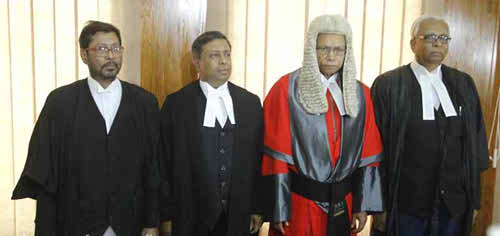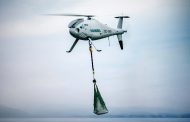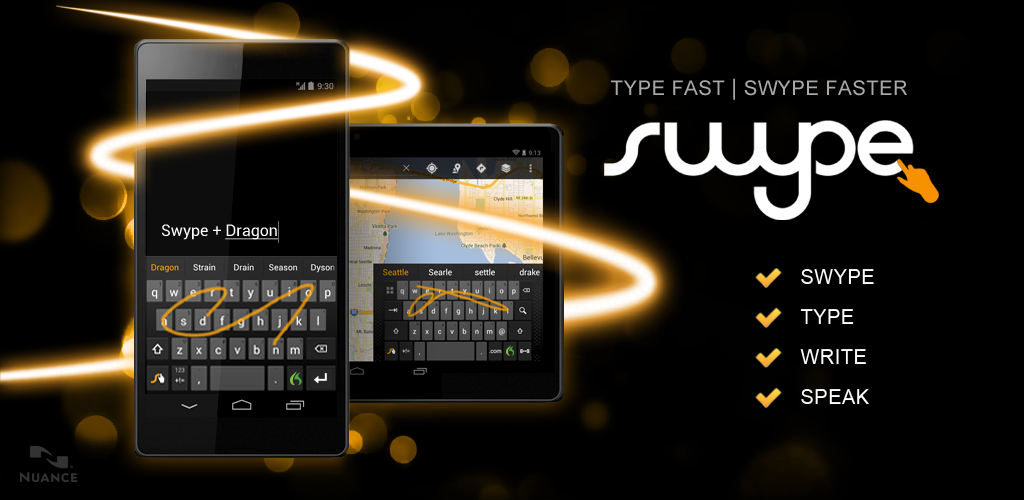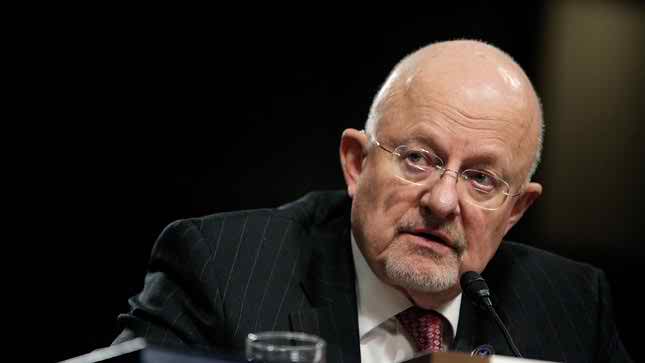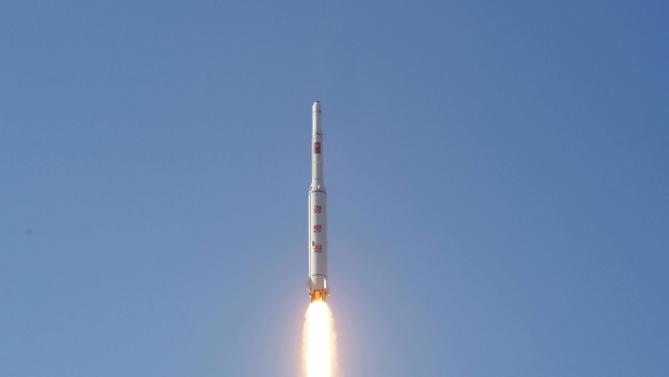
e-News® | The NEWS Company…UNITED NATIONS, United States, Feb 09, 2016 : The UN Security Council strongly condemned North Korea’s rocket launch on Sunday and agreed to move quickly to impose new sanctions that will punish Pyongyang for “these dangerous and serious violations.”
With backing from China, Pyongyang’s ally, the council again called for “significant measures” during an emergency meeting held after North Korea said it had put a satellite into orbit with a rocket launch. The launch, which violated multiple UN resolutions, was widely seen as an act of open defiance just weeks after Pyongyang carried out its fourth nuclear test.
“What is at stake after this inadmissible provocation is the future of the international non-proliferation regime,” said France’s UN Ambassador Francois Delattre. “This is why weakness is simply not an option,” he said.
A draft sanctions resolution prepared by Japan, South Korea and the United States has been in negotiations for weeks, but Beijing has been reluctant to back measures that would take aim at North Korea’s already weak economy.
The 15-member council said it would “adopt expeditiously” the draft text, but there was no indication that China would yield to calls for tougher measures. Chinese Ambassador Liu Jieyi said there should be “a new resolution that will do the work of reducing tensions, of working toward denuclearization, of maintaining peace and stability, and of encouraging a negotiated solution.”
China can use its veto power to block any UN resolution that would significantly scale up sanctions by, for instance, barring North Korean ships from ports or restricting oil deliveries. US Ambassador Samantha Power stressed that fresh sanctions should “break new ground.”
“There cannot be business as usual after two successive acts,” she told reporters.
“China calls for more dialogue. What we need is no longer dialogue but using the pressure,” said Japan’s Ambassador to the United Nations Motohide Yoshikawa.
While the United States turned up the pressure to reach agreement on sanctions, Russian Ambassador Vitaly Churkin warned: “We should not be looking at an economic collapse of DPRK (North Korea).”
While infuriated by North Korea’s refusal to curb its nuclear ambitions, China’s overriding concern is avoiding a collapse of the regime in Pyongyang and the possibility of a US-allied unified Korea on its border.
– ‘Epochal’ launch –
Sunday’s rocket, carrying an Earth observation satellite, blasted off at around 9:00 am Pyongyang time (0030 GMT) and, according to North Korean state TV, achieved orbit 10 minutes later. There was no independent confirmation that the final stage of the satellite-bearing rocket had successfully achieved orbit, although the US Strategic Command said it had tracked “the missile launch into space.”
In a special state TV broadcast, a female North Korean announcer, wearing a traditional Korean hanbok dress, hailed the “epochal” launch, personally ordered by leader Kim Jong-Un, as a major success. North Korea insists the launch is part of its space exploration program but the United States and its allies view it as a disguised ballistic missile test.
A surge in military tensions on the Korean peninsula looked likely, with South Korean and US defense officials announcing talks on the deployment of an advanced US missile defense system in South Korea.
“It is time to move forward on this issue,” said Thomas Vandal, commander of the Eighth US Army based in South Korea. As well as North Korea, China and Russia are both strongly opposed to any such deployment of the Terminal High Altitude Area Defense (THAAD) system in the region. The South’s Joint Chiefs of Staff said upcoming South Korea-US military exercises, which infuriate Pyongyang every year, would be the largest ever held.
The United States and its allies had warned Pyongyang it would pay a heavy price for pushing ahead with the launch, but analysts said the North’s timing was intended to minimize the repercussions.
“North Korea likely calculates that a launch so soon after the nuclear test will probably only incrementally affect the UN sanctions arising from that test,” said Alison Evans, a senior analyst at IHS Jane’s. At the United Nations, South Korea’s Ambassador Oh Joon said it was “almost pathetic” to watch staged celebrations of the rocket launch on North Korean TV.
“The cost of this launch alone, estimated to be close to $1 billion, would have fed the entire North Korean population for a whole year,” he said.








